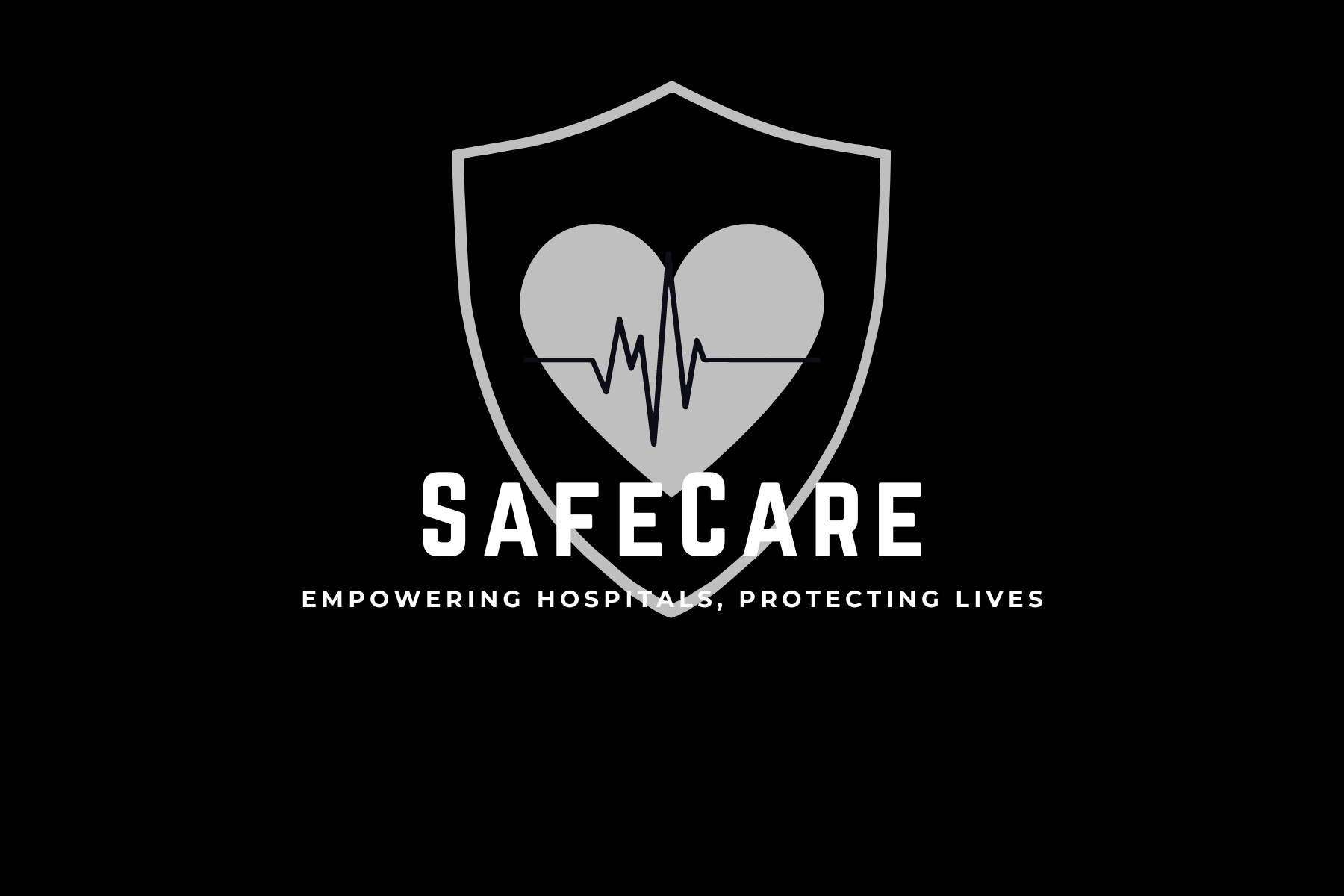Safe Care: Safety & Security
The Healthcare Public Safety and Security Officer Training is a comprehensive program designed to equip public safety and security officers with the necessary knowledge, skills, and approaches required to operate effectively in a unique healthcare environment. This course will provide participants with a deep understanding of the specific challenges they may encounter when dealing with patients and visitors and how to respond appropriately to ensure a safe and secure healthcare facility. The training will cover both theoretical concepts and hands-on practical skills, ensuring that participants are well-prepared for real-world scenarios.
Course Completion: Upon successful completion of the Healthcare Public Safety and Security Officer Training, participants will receive a certification recognizing their proficiency in understanding the healthcare environment, appropriate patient and visitor interactions, approved restraint and control techniques, and advanced self-defense skills. This certification will equip officers with the knowledge and abilities necessary to contribute to a safe and secure healthcare facility while prioritizing the well-being of patients, visitors, and staff alike.
Course Delivery: The Healthcare Public Safety and Security Officer Training will employ a combination of instructional methods to ensure comprehensive learning and skill development:
-
Classroom Instruction: Theory and principles related to healthcare security, patient and visitor interactions, and legal considerations will be covered through interactive lectures and multimedia presentations.
-
Scenario-Based Training: Participants will engage in realistic, simulated scenarios to apply theoretical knowledge and practice appropriate responses when handling different situations.
-
Hands-On Exercises: Practical training sessions will enable participants to learn approved restraint and control techniques and advanced self-defense skills under the guidance of experienced instructors.
-
Role-Playing: Role-playing exercises will be conducted to simulate patient and visitor interactions, allowing officers to practice effective communication and de-escalation techniques.
-
Assessments: Regular assessments will be conducted to evaluate participants' understanding of the material and their practical skills.

